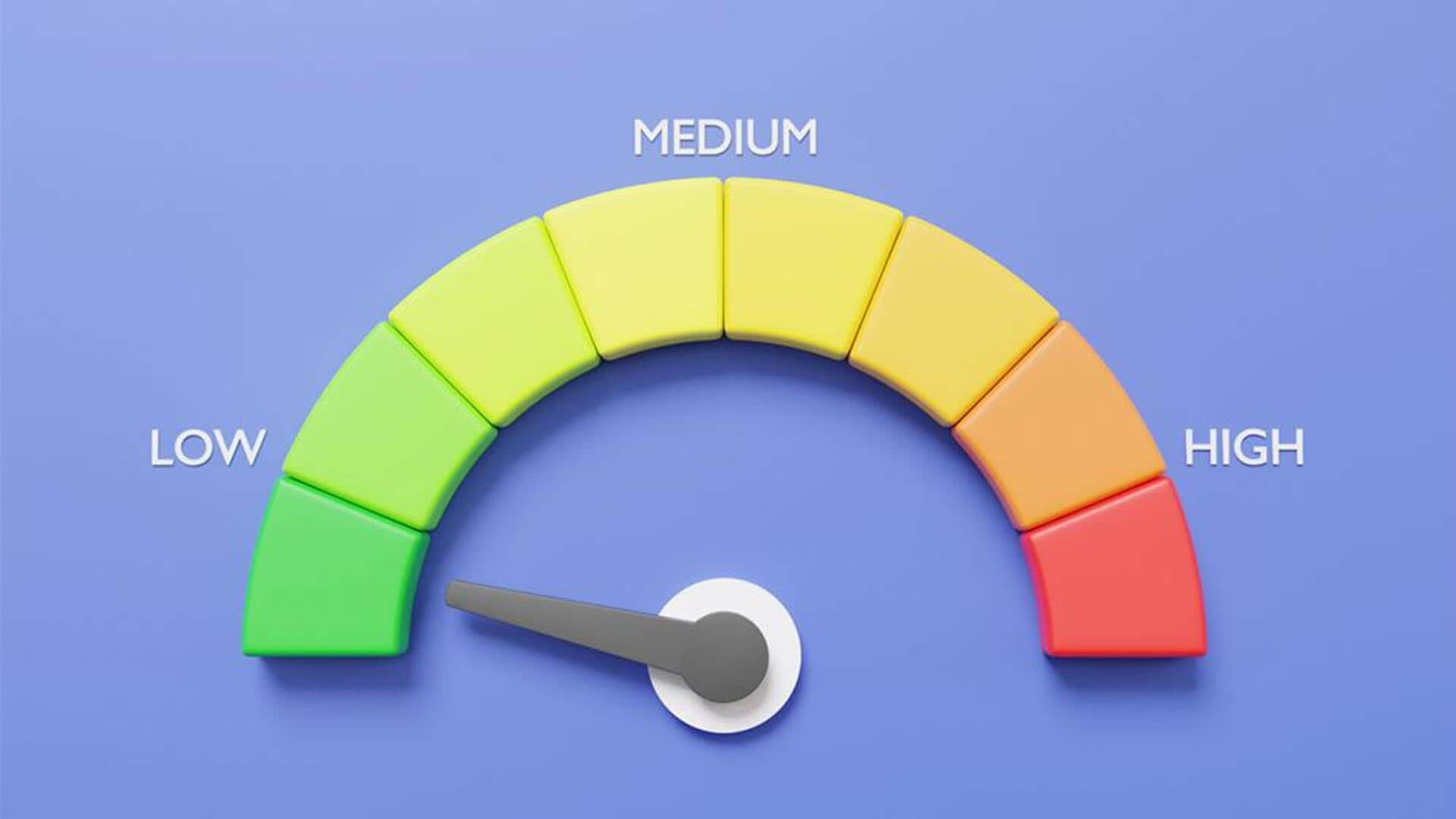
Credit score stuck at 500? Avoid these common mistakes
What's the story
A credit score of 500 can severely restrict access to credit and increase borrowing costs. Many borrowers are unaware of the common mistakes that keep their scores low. A credit score is a three-digit number that reflects a borrower's borrowing integrity. The higher the score, the better it is for securing loans or credit cards from lenders who often require scores over 725 for approval.
Missteps
Top mistakes that keep scores low
Purvang Mashru, Senior Quantitative Research Analyst at 1 Finance, says, "Being stuck at 500 isn't fate, it's usually the same missteps on repeat." He explains that late EMIs, maxing out cards or applying for new credit to fix old mistakes only pushes the score further down. Mashru advises borrowers to pay full amounts consistently, keep balances low and be cautious with new credit applications to improve their scores.
Factors
Late payments can significantly damage credit scores
Late or missed payments significantly damage credit scores, as payment history accounts for about 35% of the score calculation. A single late payment can reduce the score by up to 50 points. Similarly, using a high percentage of available credit (especially over 80%) indicates over-reliance on borrowed funds and can damage creditworthiness even with timely repayments.
Issues
Hard inquiries temporarily lower scores
Applying for multiple loans or credit cards in a short period can lead to several hard inquiries, reflecting credit-hunger and temporarily lowering scores. To avoid this, it's advised to space out applications. Additionally, inaccuracies in credit reports such as wrong loan statuses or payment errors can unfairly lower scores. Borrowers are advised to regularly check their reports for mistakes and dispute errors promptly.
Impact
Short credit history can hinder borrowing potential
A short or patchy credit history can also hinder borrowing potential and score improvement. A longer history with diverse credit types signals reliability. Closing older accounts or maintaining only one credit type may stall progress as lenders want to see how comfortable an individual is with servicing different lines of credit before approving new loans.